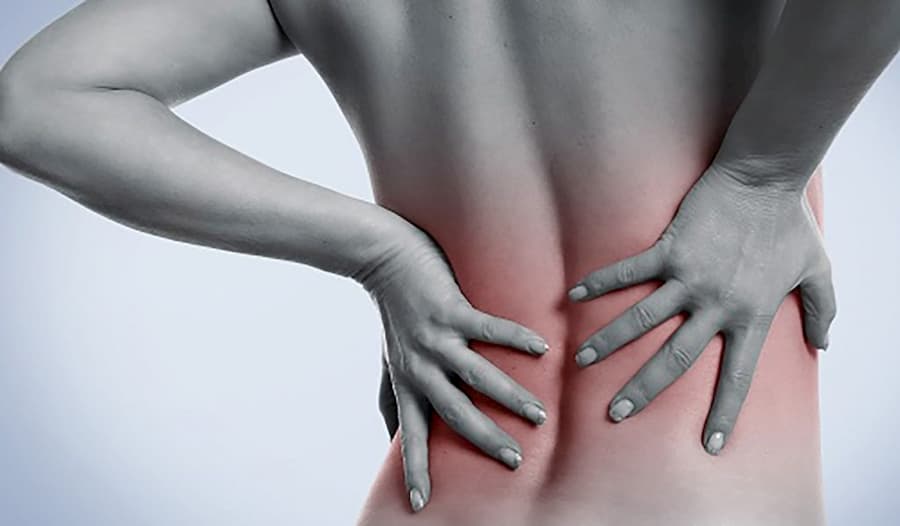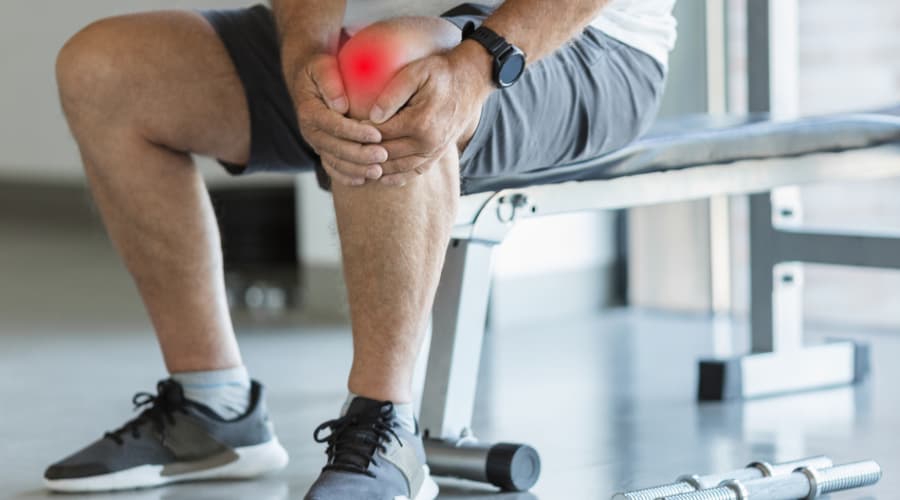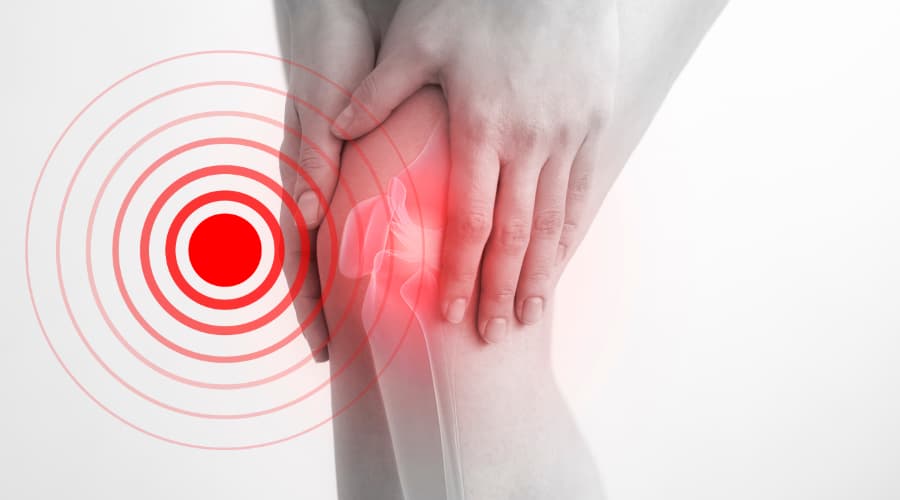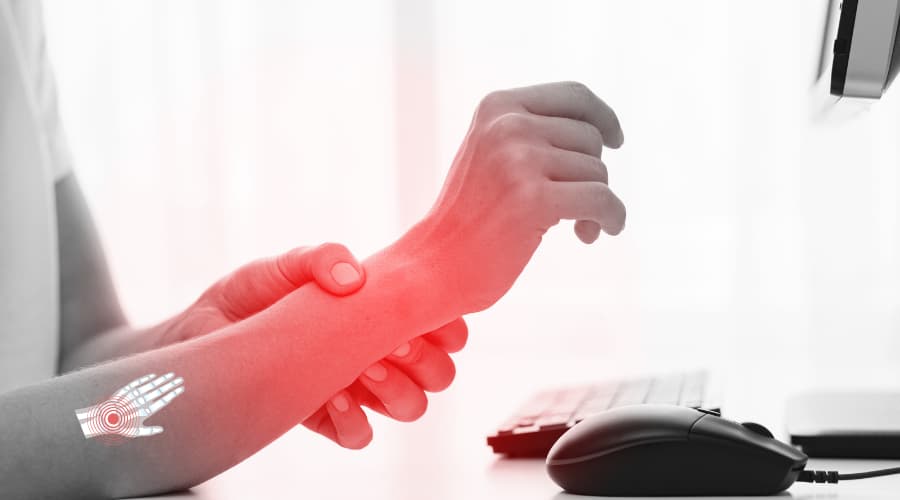In any machine, when one part breaks down, there is usually a knock-on effect affecting other parts. For full capacity to resume, simply getting the secondary parts up and running again isn’t sufficient. You must identify the problem that caused the initial part to break down.
The human body works in much the same way. All your systems – nervous, cardiovascular, musculoskeletal et al – link together and enable you to carry out all the many functions that you do on a daily basis. When one thing goes wrong, regardless of whether it’s physical, emotional or mental, it has a negative impact on other parts of your body. Fixing the cause is vital for full health to be restored.
The complexity of your body is such that pain or symptoms often manifest in parts of your body that are seemingly unrelated to the origin of the problem. Did you know that a physical pain could indicate a mental condition? If you were experiencing muscle pain in your shoulders, would it occur to you that you might be suffering from anxiety? Osteopathy can be used very effectively to treat the symptoms and manage the degree to which you experience anxiety.
What is Osteopathy?
Osteopathy is a holistic approach to general wellbeing. It focuses on your joints, muscles and spine with a view to improving and maintaining your overall health. To achieve this goal, osteopaths manually manipulate your joints and muscles through techniques including stretching and massage.
Osteopathy is known to help with conditions affecting the joints such as arthritis, as well as those unrelated to either joints or muscles, like headaches and digestive problems. The idea behind this type of complementary medicine is to not only treat the problem area but also the body’s systems to encourage all-around health.
What is Anxiety?
It’s natural to experience anxiety at certain times in your life: when you have an interview, start a new job, start school, or go on a date, for example. Anxiety is your body’s way of responding to stress, and varies in intensity from person to person and from situation to situation. Most people will experience low to moderate anxiety in their lives, whereas others may have stronger feelings of anxiousness that are hard, or impossible, to control without intervention.
Anxiety can manifest itself in many ways. You may experience physical complaints, or have extreme or different emotions. In more severe cases, anxiety may cause mental health issues. The most common symptoms of general anxiety are:
- Headaches
- Difficulty breathing or
- Rapid breathing
- Exhaustion
- Difficulty sleeping
- Digestive issues
- Muscle tightness, particularly in the chest area
- Poor posture
- Increased heart rate
While these symptoms can generally be self-managed quite effectively, the knock-on effect that they have on your musculoskeletal system can have detrimental effects on your health.
The Effects of Anxiety on Your Body
You will have heard of the “fight or flight” response to stressful situations. It’s caused by stress hormones that your sympathetic nervous system releases and is how your body prepares itself to cope with the situation. It’s also the cause of the anxiety that you feel in these situations.
Let’s take a look at how this response causes some of the above-mentioned symptoms of anxiety.
Headaches
Although headaches are accepted as a fairly common symptom of anxiety, it’s yet to be determined how exactly they’re caused. The cause could be something as simple as tension in your neck due to feelings of stress or, or more complicated like the release of a hormone that results in debilitating headaches. Scientists are also undecided as to whether anxiety causes the headache, or the headache causes anxiety. Both are possible, and even likely, but what’s clear is that if either is left untreated, you’ll be caught in a never-ending cycle of anxiety headaches.
Breathing Issues
When you experience anxiety or stress, your muscles tense up as they prepare to react to a perceived threat. Those deep, cleansing breathes require relaxed muscles for greater movement and are therefore harder to take. The result is that your breathing becomes shallow and more difficult. With less oxygen drawn in on shallow breaths, you need to increase the number of breaths you take, leading to rapid breathing.
Difficulty Sleeping and Exhaustion
Anxiety makes it difficult to achieve the relaxed state needed for sleep. Our body is in a constant state of fight or flight, and it’s difficult to switch off the feelings that lead to this prepared response. Prolonged sleeping difficulties eventually lead to exhaustion, a condition that can persist throughout the day and lead to further feelings of anxiousness as you contemplate another sleepless night.
Digestive Problems
The fight or flight response also affects our digestion. As your muscles prepare for this response, blood diverts from other parts of the body including your digestive system. With less blood and oxygen the digestive process is less effective, causing cramping, nausea and a loss of appetite.
Poor Posture
Anxiety leads to feelings of insecurity and can make you lack self-confidence. This manifests itself in your posture, causing you to hunch over, or keep your head lowered. These are not natural postures and your body is not designed to maintain them for extended periods of time. You will eventually experience muscle soreness, headaches, neck pain and back pain.
Increased Heart Rate
You may have noticed that in stressful situations your heart rate increases. As we’ve mentioned before, anxiety triggers your body’s fight or flight response which prepares your body for action. One of the signs that this response has been activated is an increase in your heart rate. Blood moves through your body at a faster rate, dispersing oxygen and ensuring that muscles are ready for necessary action.
Anxiety causes these debilitating symptoms, which in turn lead to increased levels of anxiety. If you’re already anxious about a speech that you have to give, feeling short of breath or exhausted is going to make you feel even more anxious about delivering the speech. With Osteopathy, while it’s important to treat the symptoms, you are actually also treating a secondary cause of those symptoms.
How Does Osteopathy Help?
Osteopaths are trained to evaluate your body as a whole unit. They evaluate the physical elements, while also taking into account your lifestyle and any external stressors that contribute to your state of well-being. In your consultation, the osteopath will take a full a case history, getting as much information as possible. They will also do an osteopathic examination, observing any physical imbalances or asymmetries that contribute to your problem area.
For anxiety-related conditions, an osteopath will pay particular attention to the muscles around the thoracic spine, where the sympathetic nervous system is located. This is the system that is responsible for the fight or flight response to stressful situations. By palpitating muscles in this region your osteopath can identify areas of tension, or knots in the tissue that cause pain and limit your muscle mobility.
Osteopaths employ a number of techniques to treat conditions linked to anxiety.
These include the following:
Stretching
Stretching is important to keep your muscles flexible and strong, thereby maintaining a full range of motion in the connected joints. For anxiety-related stiffness, stretches for the neck, upper back and thoracic area help to relieve tension in the muscles, encourage feelings of calm and can lead to better sleep.
Articulation
Osteopaths use articulation to promote better movement in a restricted joint. When a joint is unable to move through its natural range of motion, it can cause the linked muscle to tighten resulting in discomfort. Feelings of anxiety and stress can lead to constrained movement in your shoulders and exacerbate tightness in the upper back.
Soft Tissue Technique
This form of massage concentrates on the muscles around the spine. The osteopath applies both deep pressure and rhythmic stretching to the soft tissue, to release fluid build-up and relax the muscle layers. It’s an effective treatment for relieving anxiety-related headaches and stiffness.
Thrust Technique
This technique is a series of short, high-velocity thrusts to a joint with the aim of improving range of movement and encouraging better blood flow. It’s a technique often used by chiropractors on the spine for realignment, but osteopaths use it for various joints and muscles.
Breathing
One of the best ways to encourage calm and reduce anxiety is to practise deep breathing. Your osteopath will have some tricks up his/her sleeve to help you in this regard and will encourage you to practice breathing exercise regularly at home. Breathing exercises are effective in lowering your heart rate and blood pressure, and act to reduce the feelings of anxiety. You can do them anywhere, at any time.
Everyone experiences anxiety in one form or another, at some stage in their life. It’s a completely normal response to situations that are perhaps uncomfortable or out of the ordinary. While anxiety is a common condition, there’s a lot more to it than just sweaty palms, and leaving it unmanaged can have debilitating effects on your wellbeing. If anxiety is negatively affecting your life, consider consulting an osteopath for effective ways to treat and manage your anxiety.
Related Articles
- Chiropractor or Osteopath: What Do I Need?
- Osteopathy FAQs
- Introduction to Cranial Osteopathy
- Soft-Tissue Osteopathy Techniques
- Chiropractor or Osteopath for a Trapped Nerve or Sciatica




